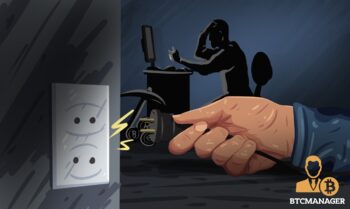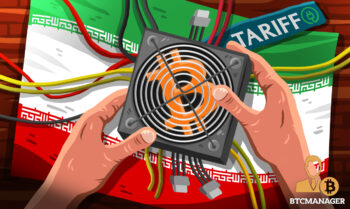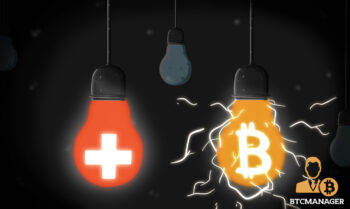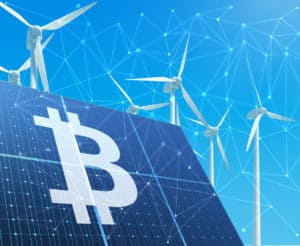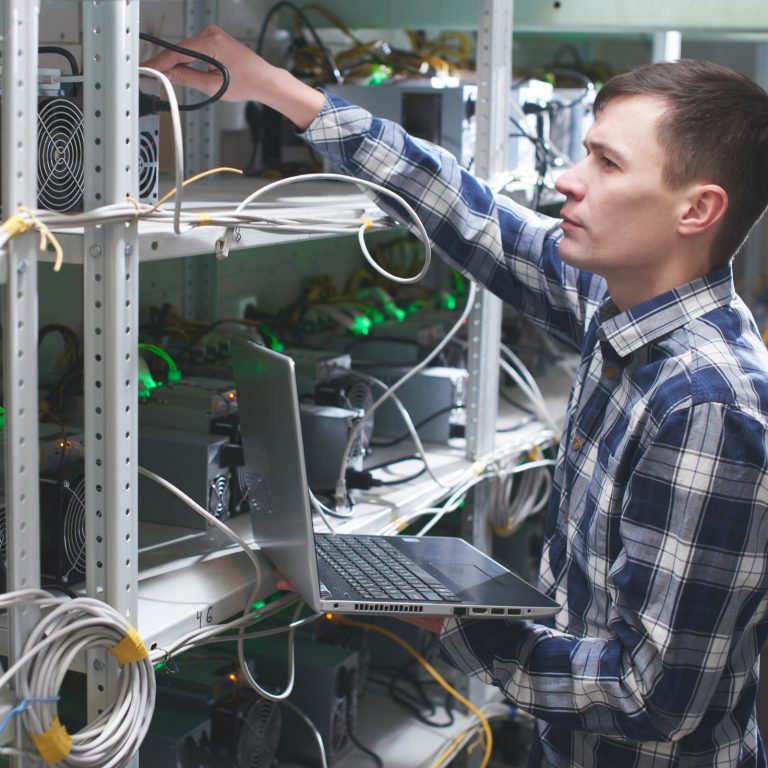2021-6-2 21:35 |
Cryptocurrencies have been gaining traction in Argentina for a few years, as people look for ways to hedge against its currency devaluation with the peso plunging in parallel markets where it’s now 70% weaker than the official rate, inflation running at about 50% annually, defaults, and now a three-year recession made worse by the pandemic.
Additionally, foreign exchange controls that ban Argentines from buying dollars is making cryptocurrencies even more attractive to them.
This has the value of Bitcoin skyrocketing to almost 5.9 million pesos versus the official rate of about 3.4 million pesos.
Besides the cryptocurrency gaining increasing traction as a store of value, mining in Argentina also sees a boom thanks to government-subsidized electricity providing ultra-low utility rates, which puts the cost of electricity for mining at just a fraction of revenue.
“Miners know the subsidies are ridiculous,” said Nicolas Bourbon, who has been involved in mining crypto in Buenos Aires. “They simply take advantage of it.”
Miners are utilizing the country’s residential electricity subsidies; a longstanding policy intended to win votes. Argentina is actually a net importer of gas.
Consumer electricity bills account for only about 2% to 3% of an average monthly income in Argentina compared to about twice that in other Latin American markets like Colombia, Brazil, or Chile.
This is attracting the mining farms, and last month Canada's Bitfarms secured a deal to directly tap into a local power plant to draw about 210 megawatts of natural gas-powered electricity.
“Economic activity in Argentina is down, and power is not being fully utilized. So it was a win-win situation,” said Bitfarms President Geoffrey Morphy in an interview.
According to Ezequiel Fernandez, an analyst at Balanz Capital Valores in Buenos Aires, while industrial power demand is not completely covered by subsidies, still Bitfarms is paying $0.02 per kWh prices, much lower than the wholesale market rate of around $0.06 per kWh for industrial customers not connected to the local grid.
“For certain power generators with easy access to gas, selling excess power to Bitcoin miners during part of the year makes sense, especially if the power generator somehow avoids foreign-exchange controls by getting paid in hard dollars outside of Argentina, or in Bitcoin.”
Bitcoin/USD BTCUSD 36,230.4732 -$1,489.07 -4.11% Volume 33.69 b Change -$1,489.07 Open$36,230.4732 Circulating 18.72 m Market Cap 678.38 b baseUrl = "https://widgets.cryptocompare.com/"; var scripts = document.getElementsByTagName("script"); var embedder = scripts[scripts.length - 1]; var cccTheme = {"Chart": {"fillColor": "rgba(248,155,35,0.2)", "borderColor": "#F89B23"}}; (function () { var appName = encodeURIComponent(window.location.hostname); if (appName == "") { appName = "local"; } var s = document.createElement("script"); s.type = "text/javascript"; s.async = true; var theUrl = baseUrl + 'serve/v1/coin/chart?fsym=BTC&tsym=USD'; s.src = theUrl + (theUrl.indexOf("?") >= 0 ? "&" : "?") + "app=" + appName; embedder.parentNode.appendChild(s); })(); var single_widget_subscription = single_widget_subscription || []; single_widget_subscription.push("5~CCCAGG~BTC~USD"); The post Argentines Are Now Getting into Bitcoin Mining Thanks to Subsidized Electricity first appeared on BitcoinExchangeGuide. origin »Bitcoin price in Telegram @btc_price_every_hour
Bitcoin (BTC) на Currencies.ru
|
|

